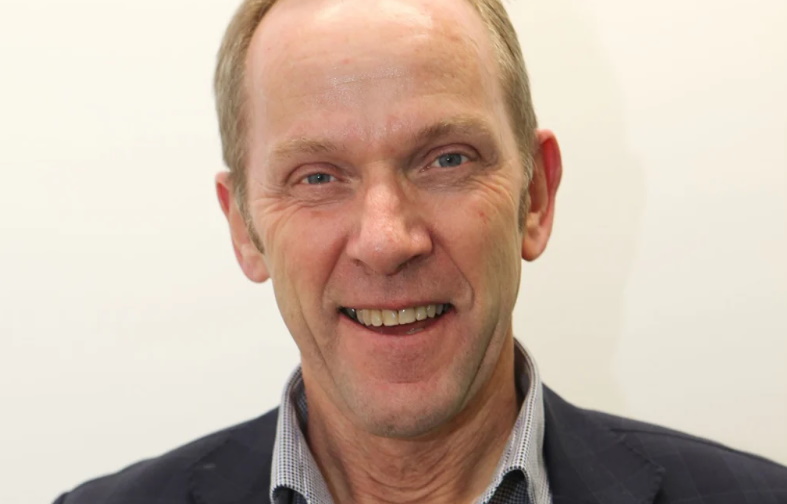Health
Cancer Patients Face Long Waits for Life-Saving Transplants

Patients with blood cancer in New Zealand are experiencing significant delays in receiving essential transplant treatments, raising serious concerns among healthcare professionals. According to Professor Peter Browett, a consultant haematologist at Auckland City Hospital and Director of the Centre for Cancer Research at the University of Auckland School of Medicine, these delays are contributing to an increase in mortality rates among patients awaiting transplants.
The treatment backlog is particularly troubling for those requiring both allogeneic transplants, which involve donor stem cells, and autologous transplants, where a patient’s own stem cells are utilized. In Auckland, there are currently 114 patients awaiting treatment: 61 are waiting for allogeneic transplants and 53 for autologous transplants. Wellington is reporting 40 patients in need of transplants, with 24 waiting for allogeneic and 16 for autologous procedures. Meanwhile, Christchurch has 44 patients waiting, including 18 for allogeneic and 26 for autologous transplants.
Delays in treatment can lead to complications, as noted by Dr. Browett. “With the longer delay, there is a higher risk of relapse,” he explained. Tragically, some patients have relapsed before receiving transplants, forcing them to undergo additional therapies or be placed on palliative care. “It’s distressing for patients and their families in a way that’s hard to measure,” he added. The stress extends to clinicians who refer and advocate for patients from areas such as Northland, Tauranga, and the Waikato, hoping to secure timely treatment for their patients.
Increasing Demand and Insufficient Resources
The situation has been exacerbated by a backlog of patients waiting for transplants in major centres, with many facing waits of up to four months for allogeneic procedures. Dr. Browett attributes these delays to piecemeal funding and a long-standing lack of commitment from health officials. He pointed out that there has been insufficient investment in transplant resources over the past decade, despite the increasing demand from an ageing population and advancements in medical science that allow for transplants in older patients.
“Looking ahead to 2030, we anticipate an increase of 30 to 40% in the number of patients who would benefit from a transplant,” Dr. Browett said, underscoring the urgent need for improved facilities and resources.
Health Minister Simeon Brown acknowledged that the current wait times for donor stem cell or bone marrow transplants are unacceptably long, resulting in some patients needing additional chemotherapy to manage their conditions while they wait. In response, Health New Zealand announced plans to increase investment in services in Christchurch and Auckland by over $6 million for the 2024/2025 period, aimed at expanding the workforce and services available.
Dr. Browett confirmed that this investment was planned to address the issues in Auckland and Christchurch, but he emphasized that any capacity increases would only be sustainable if further funding was secured. Recent communications from Health New Zealand indicated that while funding considerations are ongoing, they have not yet been prioritized for the beginning of the 2025/26 year.
Future Outlook for Transplant Services
Dr. Richard Sullivan, chief clinical officer at Health New Zealand, stated that urgent actions are being taken to plan for the next phase of investment in transplant services. Despite these efforts, Dr. Browett cautioned that there is no quick solution to the challenges currently facing the transplant service. “It’s not just about increased funding; it requires comprehensive investment in health professionals and additional facilities,” he said.
As the number of patients waiting for transplants continues to grow, the healthcare system faces a pressing need to address these delays to improve outcomes for patients. The situation highlights the critical importance of sustained investment and strategic planning in healthcare to ensure that all patients have timely access to life-saving treatments.
-

 World3 months ago
World3 months agoTest Your Knowledge: Take the Herald’s Afternoon Quiz Today
-

 Sports3 months ago
Sports3 months agoPM Faces Backlash from Fans During Netball Trophy Ceremony
-

 Lifestyle3 months ago
Lifestyle3 months agoDunedin Designers Win Top Award at Hokonui Fashion Event
-

 Sports3 months ago
Sports3 months agoLiam Lawson Launches New Era for Racing Bulls with Strong Start
-

 Lifestyle3 months ago
Lifestyle3 months agoDisney Fan Reveals Dress Code Tips for Park Visitors
-

 World4 months ago
World4 months agoCoalition Forms to Preserve Māori Wards in Hawke’s Bay
-

 Health3 months ago
Health3 months agoWalking Faster Offers Major Health Benefits for Older Adults
-

 Politics3 months ago
Politics3 months agoScots Rally with Humor and Music to Protest Trump’s Visit
-

 Top Stories4 months ago
Top Stories4 months agoUK and India Finalize Trade Deal to Boost Economic Ties
-

 Entertainment3 months ago
Entertainment3 months agoExperience the Excitement of ‘Chief of War’ in Oʻahu
-

 World4 months ago
World4 months agoHuntly Begins Water Pipe Flushing to Resolve Brown Water Issue
-

 Science4 months ago
Science4 months agoNew Interactive Map Reveals Wairarapa Valley’s Geological Secrets









